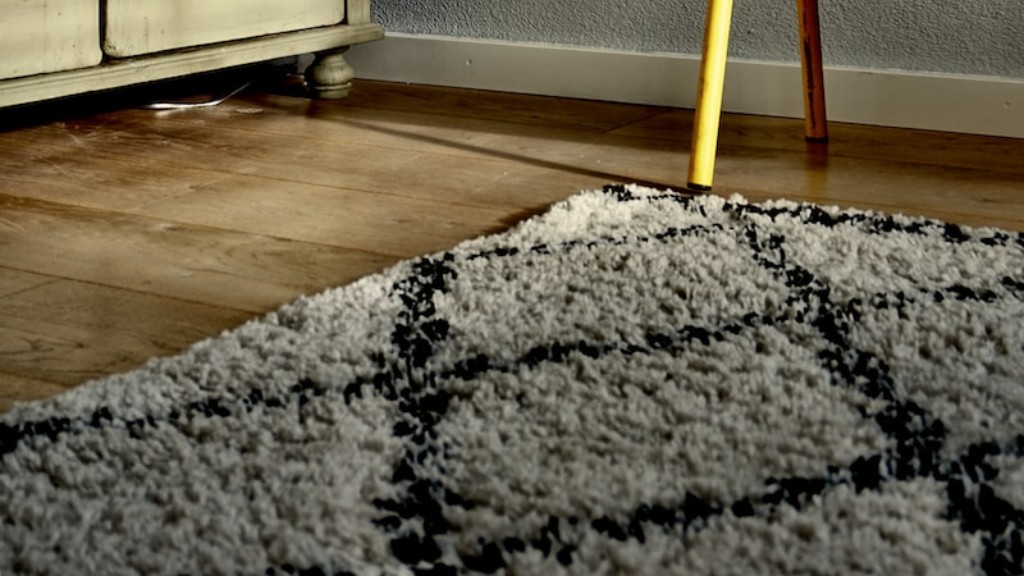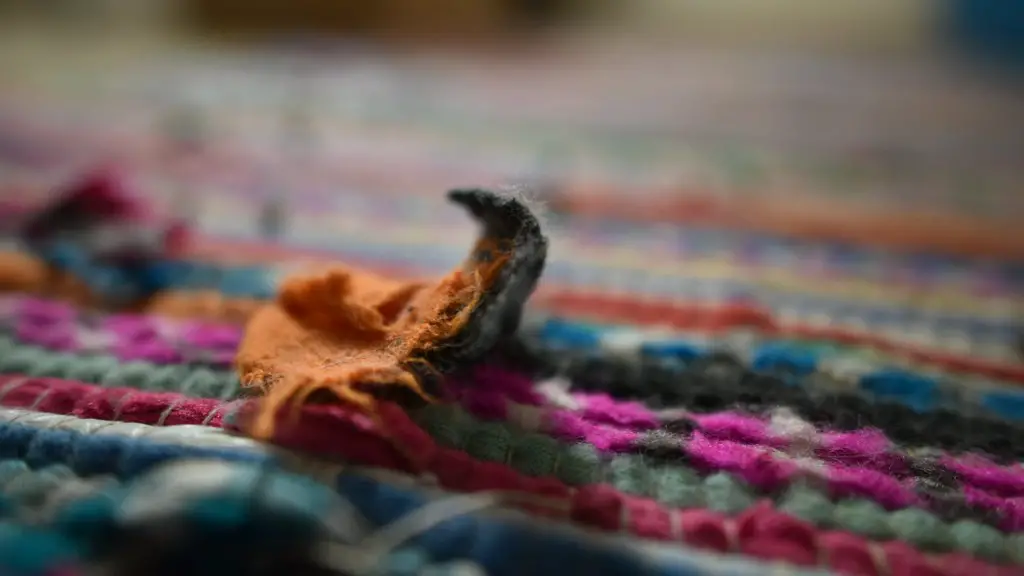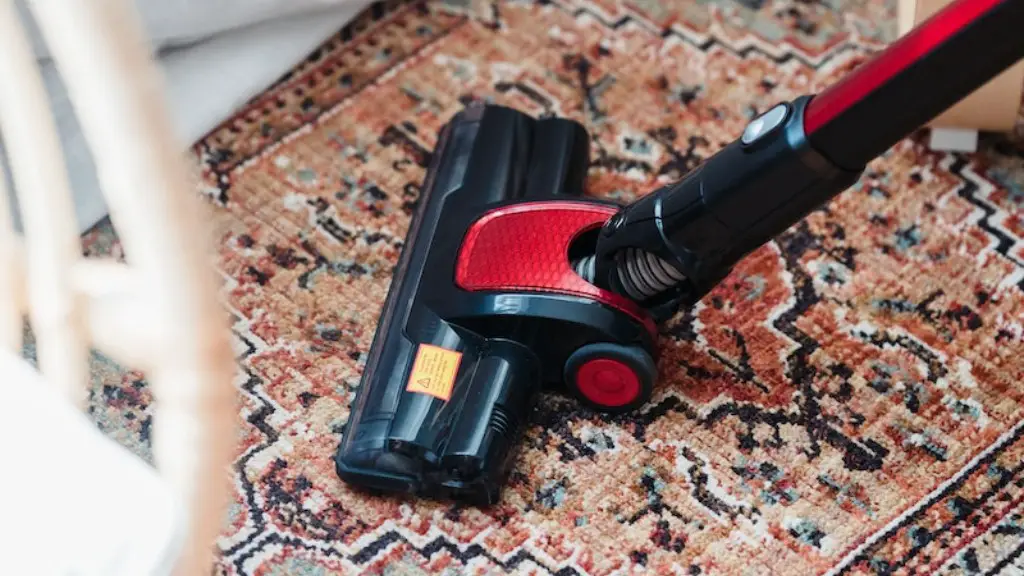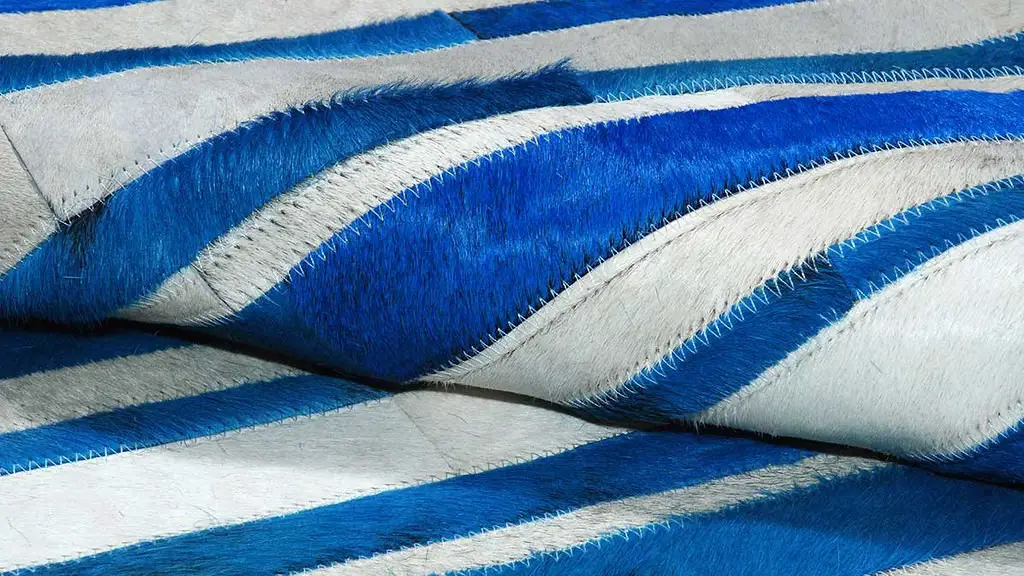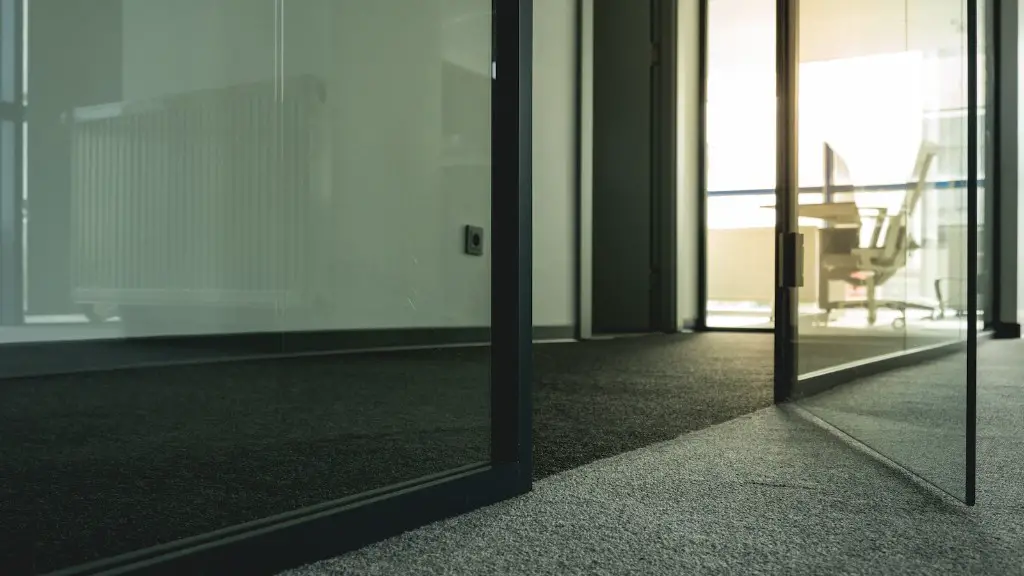Are you concerned about spills on your carpet? Do you wonder if vacuuming will remove all the liquid? You’re not alone. Many people have the same questions.
The good news is that vacuuming is an effective way to remove liquids from carpet. The vacuum’s suction will pull the liquid up and away from the fibers. This will help to prevent the liquid from seeping down and causing stains.
If you have a large spill, it’s best to start by blotting up as much of the liquid as possible. Then, you can vacuum the area to remove the remainder. Just be sure to empty the vacuum bag or canister after cleaning up the spill. Otherwise, you risk the liquid spilling out and making the problem worse.
No, vacuuming does not remove liquids from carpets.
Can a vacuum get water out of carpet?
Drying a wet carpet can be a tricky process, but there are a few things you can do to make it easier. One is to use a wet-dry vacuum to remove as much water as possible. Remember to empty the wet tank before use and remove any dry dust bags if possible. Most wet-dry vacuums will indicate when they’re full and need to be empty again. Another tip is to use a fan to help circulate air and speed up the drying process. Just be sure to keep the fan pointed away from any wet areas to avoid further damage.
It’s really straightforward – all you need to do is sprinkle a generous amount of baking soda over your wet carpet and let it sit. The baking soda not only absorbs moisture, but it’ll also absorb any nasty odours.
Does vacuuming wet carpet help it dry
If you have a wet carpet, do not use your household vacuum to try and dry it. Most home vacuums have low suction power and will not be able to handle the excess water. You can do a lot of damage to your vacuum if you try to use it on a wet carpet.
A shop vacuum is a versatile tool that can be used for more than just cleaning up dry debris. Its ability to suck up water makes it ideal for cleaning up wet messes, such as spills or leaks. This can save you from having to use towels or a squeegee to remove the water. Additionally, a shop vacuum can be used as a pump to remove larger quantities of water from a tub, shower, pool, aquarium, or garden pond.
What happens if you vacuum up water?
When you vacuum water, you could damage your vacuum’s motor, risk electrocution, and make a huge mess. Unless your vacuum is a wet/dry vacuum rated for water, you should never vacuum water. With that said, trying to vacuum a puddle of water will be different from accidentally vacuuming light moisture.
Mold can be a serious health hazard, especially if you have allergies or asthma. If your carpet or padding gets wet, it’s important to dry it out as quickly as possible to prevent mold from growing. Mold loves dark, humid environments, so a wet carpet is the perfect place for it to multiply. If you think you might have mold, call a professional to have it removed.
Is carpet ruined if it gets wet?
If your carpet or rug has been wet for more than 48 hours, it’s important to remove and replace it according to EPA/FEMA/CDC guidelines. This is to prevent the growth of mold and mildew, which can pose serious health risks.
If you have a wet area on your carpet, there are a few things you can do to dry it out. Run a fan pointed at the wet area to help moisture evaporate. A dehumidifier also works to pull moisture out of the air and dry out the carpet. Another option is to get rags and lay them over your damp area.
How long does it take for a carpet to dry
Your carpet will be only slightly damp to the touch after your cleaning. Most carpets typically need 6-10 hours to dry completely. However, it could take up to 24 hours to dry depending on the time of year your carpets are cleaned, and the air circulation, humidity and temperature in your home.
If your carpet is wet, it is important to dry it as soon as possible to avoid mould, mildew, and bacteria growth. The majority of carpets will be dry if left in the right temperature and air for 24 hours. If your carpet is wet for more than two days, you may need to take additional steps to speed up the drying process.
How long does it take for mold to grow in wet carpet?
Mold growths, or colonies, can start to grow on a damp surface within 24 to 48 hours. Mold can cause serious health problems, so it is important to make sure that your home is free of mold. You can prevent mold growth by keeping surfaces clean and dry.
If your carpet is wet and smells bad, it’s important to take action to get rid of the smell. Otherwise, it will probably just get worse and be hard to get rid of.
One way to try to get rid of the smell is to mix together bleach and baking soda and put it on the affected areas. This can help to temporarily quell the smell. However, to really get rid of the smell, you need to either get professional-grade equipment to clean the carpets or replace the carpets entirely.
What happens to liquid under vacuum
This process can be used to create a variety of products, including coatings, thin films, and foils. It is often used to create products with a high degree of purity, as it can be used to remove impurities from the product.
Never vacuum up glass, liquids, large amounts of hair, small items, or fine particles. Doing so can damage your vacuum cleaner and/or create a bigger mess.
How long does it take for water to evaporate from carpet?
You should leave the carpet alone for at least 10 hours after removing the water and setting up your drying procedure. The moisture will take a long time to leave, and even if the room looks dry, there could still be lingering wetness that will lead to mold growth and foul odors.
If you have a carpet that has been soaked in water for more than 48 hours, it is at risk of developing mold and mildew. These are difficult to completely remove from carpet, even by professionals. If you want to try to salvage your carpet, you will need to disinfect it extensively, which may damage the carpet.
Conclusion
No, vaccuming does not remove liquids from the carpet.
Vacuuming does remove liquids from carpets, but it is not the most effective method. Other methods such as blotting with a towel can remove more liquid.
